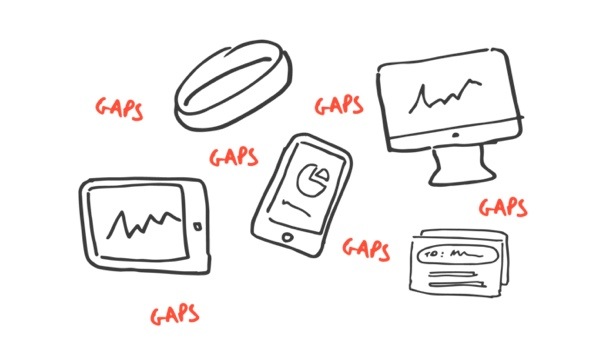Cliff Watson in Teens aren’t abandoning “social.” They’re just using the word correctly:
What is Facebook to most people over the age of 25? It’s a never-ending class reunion mixed with an eternal late-night dorm room gossip session mixed with a nightly check-in on what coworkers are doing after leaving the office. In other words, it’s a place where you go to keep tabs on your friends and acquaintances.
You know what kids call that? School. For kids who still go to school, Facebook is boring. If one of their friends does something amazing or amazingly dumb, they’ll find out within five minutes. If they’re not friends with that person, it will take 15 minutes.
That’s interesting, but very different from the sentiment in two other recent articles on how teens use Facebook. First, from the fascinating and scary What Really Happens On A Teen Girl’s iPhone, in which a teenage girl describes Facebook more like a prison than anything else:
“I’ll wake up in the morning and go on Facebook just … because,” Casey says. “It’s not like I want to or I don’t. I just go on it. I’m, like, forced to. I don’t know why. I need to. Facebook takes up my whole life.” […]
“If you don’t get 100 ‘likes,’ you make other people share it so you get 100,” she explains. “Or else you just get upset. Everyone wants to get the most ‘likes.’ It’s like a popularity contest.”
And then from Slate’s Teenagers Hate Facebook, but They’re Not Logging Off, an article on a recent Pew study on social media usage among teens1:
“I think Facebook can be fun, but also it’s drama central,” one 14-year-old girl said. “On Facebook, people imply things and say things, even just by a ‘like,’ that they wouldn’t say in real life.” Said another, “It’s so competitive to get the most likes [on a Facebook picture]. It’s like your social position.” Ninety-four percent of American teenagers maintain a Facebook profile, but that doesn’t mean they have to like it. “Honestly,” one 15-year-old girl told Pew, “I’m on it constantly but I hate it so much.”
Whether Facebook is boring, a prison, or some bizarre combination of both, it seems that reports of its decline among teens have been a little premature. I don’t think “a trap you can’t escape” is a good way to ensure continued user growth and satisfaction, but that seems to be the position Facebook finds itself in at the moment.
I half-joked this morning (on Facebook, of course) that I’d like to start RealLifeBook, a site where you don’t leave out the ugly pictures and difficult parts of your life. I wonder if that’s part of the problem that makes Facebook feel like a place you hate but can’t leave — it looks like everyone else is always happy, so you can’t be yourself, and you get caught up in this endless cycle of trying to out-happy your friends to get the most likes.
Damn, do we have to rethink a few things about how the web works…
-
danah boyd also posted some thoughts on the Pew report, and as always it’s very insightful. ↩


